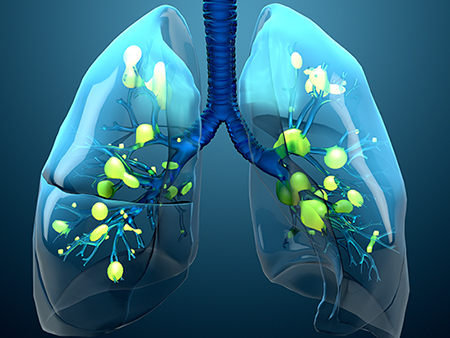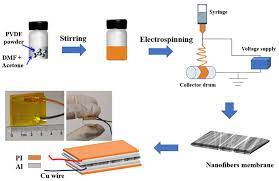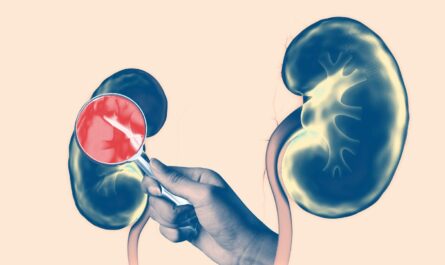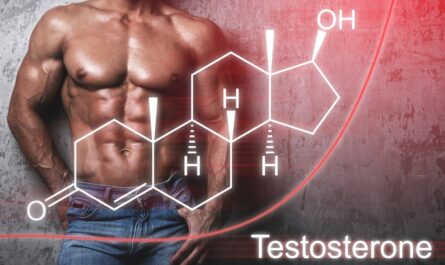A new type of cell therapy has shown promising results in improving the prognosis of critically ill patients with acute respiratory distress syndrome (ARDS) caused by severe COVID-19. The findings of the trial, published in the journal Nature Communications, suggest that the use of agenT-797, an allogeneic, unmodified invariant natural killer T (iNKT) cell therapy developed by MiNK Therapeutics, could have a positive impact on the mortality rates among these patients.
The iNKT cell therapy works by rescuing exhausted T cells and stimulating an anti-inflammatory cytokine response, which can activate anti-viral immunity and reduce severe lung inflammation. In the study, led by Professor Justin Stebbing of Anglia Ruskin University (ARU), agenT-797 was found to be rapidly manufacturable and had a tolerable safety profile.
The exploratory trial involved 20 mechanically ventilated patients with severe ARDS secondary to COVID-19. Of these patients, 14 (70%) survived at 30 days, compared to only 10% in the control group. Additionally, those who received the highest dosage of agenT-797 experienced an 80% lower occurrence of bacterial pneumonia compared to those who received lower dosages.
The trial also included five patients who were receiving veno-venous extracorporeal membrane oxygenation (VV-ECMO), an aggressive salvage therapy for critically ill patients with ARDS. The survival rate for this group was 80% after 30 and 90 days, and 60% after 120 days. These results are significantly higher than the overall survival rate of 51% for COVID-19 patients treated with VV-ECMO alone at the same institution during the same timeframe.
Professor Stebbing highlighted that the iNKT cell therapy triggered an anti-inflammatory response in ARDS patients and that those treated with the therapy showed favorable mortality rates and reduced rates of pneumonia, demonstrating the potential application of iNKT cells, specifically agenT-797, in treating viral diseases and infections more broadly.
AgenT-797 is unique in that it can be manufactured rapidly and does not require the use of patients’ own cells. Instead, it is made from healthy donors’ cells, making it an “off-the-shelf” therapy. The researchers believe that the therapy could be applied to various severe infections and call for randomized controlled trials to further explore its potential.
Dr. Marc van Dijk, Chief Scientific Officer at MiNK and co-author of the study, emphasized the significant benefits of iNKT cells in mitigating severe acute respiratory distress. He noted that agenT-797 demonstrated a survival benefit, ability to clear secondary infections, and tolerable administration in ventilated patients and those on VV-ECMO support.
The promising results from this trial pave the way for further research and development of cell therapies for ARDS and other severe respiratory conditions. The use of iNKT cell therapy could potentially revolutionize the treatment of critically ill patients and improve outcomes in the future.
*Note:
1. Source: Coherent Market Insights, Public sources, Desk research
2. We have leveraged AI tools to mine information and compile it




